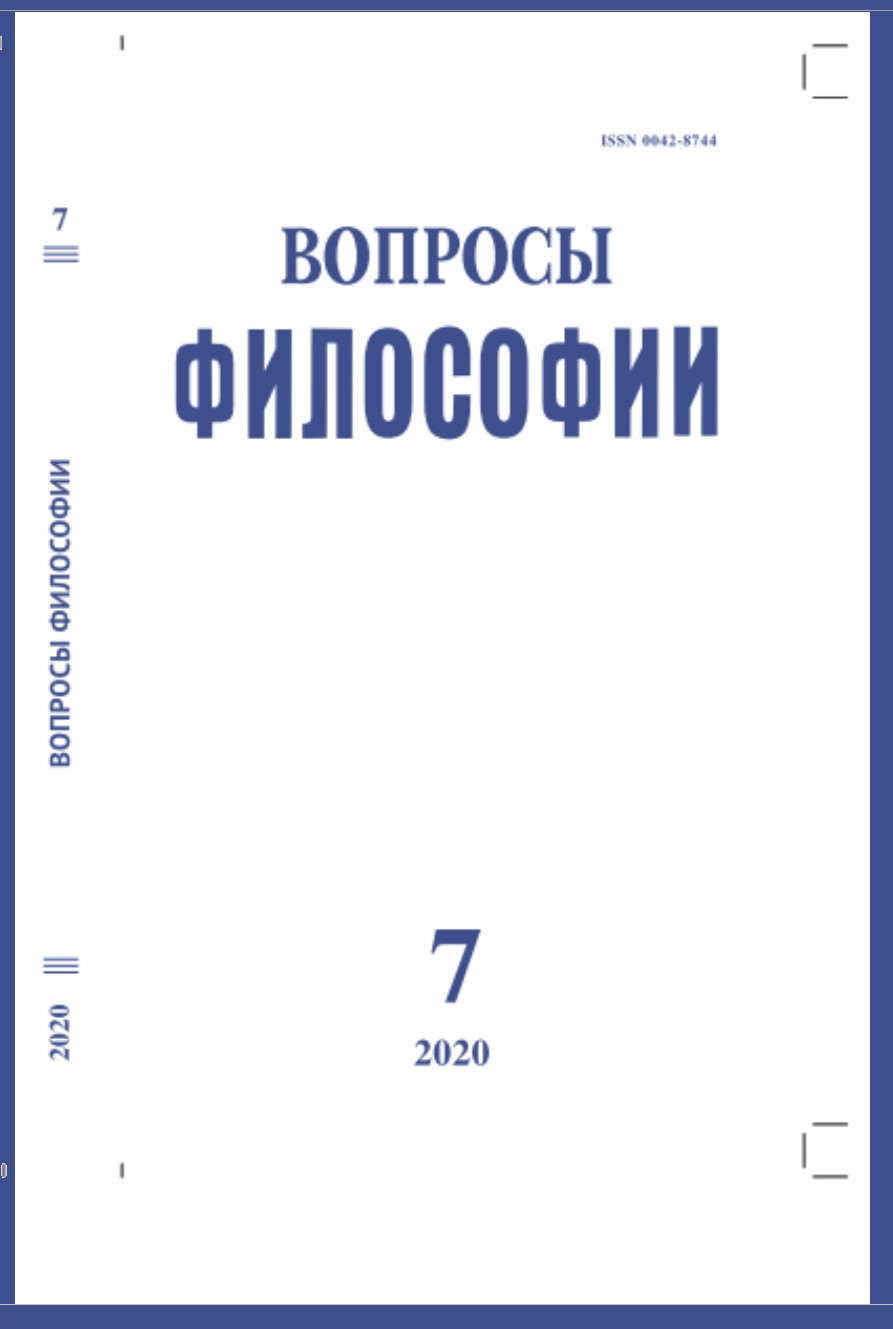The philosophical significance of Benjamin Libet’s free will experiments
DOI:
https://doi.org/10.21146/0042-8744-2020-7-113-123Keywords:
free will, conscious control of voluntary actions, neuroscience, Benjamin LibetAbstract
The article shows the significance of Benjamin Libet’s experiments for the work on the free will problem in contemporary analytic philosophy. I analyze the experiments by Libet et al., supposedly demonstrating how to establish the moment when an agent consciously decides to perform a voluntary movement. I consider the arguments Libet gives for the conclusion that his experimental data demonstrates that conscious initiation of voluntary acts is impossible. I analyze Libet’s “veto” mechanism: an agent’s putative ability to consciously “veto”, or block, an unconsciously initiated neuronal process leading to an action. I review Daniel Dennett’s criticism of Libet’s conclusions and show how this criticism is based on Dennett’s own theory of consciousness. Namely, Dennett’s criticism assumes the rejection of “Cartesian materialsim”, or the presupposition that all neuronal processes can be non-arbitrarily divided into conscious and unconscious processes. I review Alfred Mele’s and other authors’ criticism of Libet’s conclusions. I show that these authors presuppose a traditional approach to consciousness and intentionality, and that the criticism they make is granting that Libet’s understanding of the free will problem is largely correct. The criticism is empirical, not conceptual: the critics claim that Libet’s experiments don’t prove that distal intentions are unconscious, because Libet’s experimental methods are not applicable to measuring distal intentions. Finally, I argue that Libet’s experiments are very important for making progress in contemporary philosophical discussions of free will, consciousness and intentionality. The main conclusion of my article is that Libet’s experimental data do not justify the interpretation that Libet gives, but still present new challenges for the naturalistic theories of consciousness, intentionality and free will.

